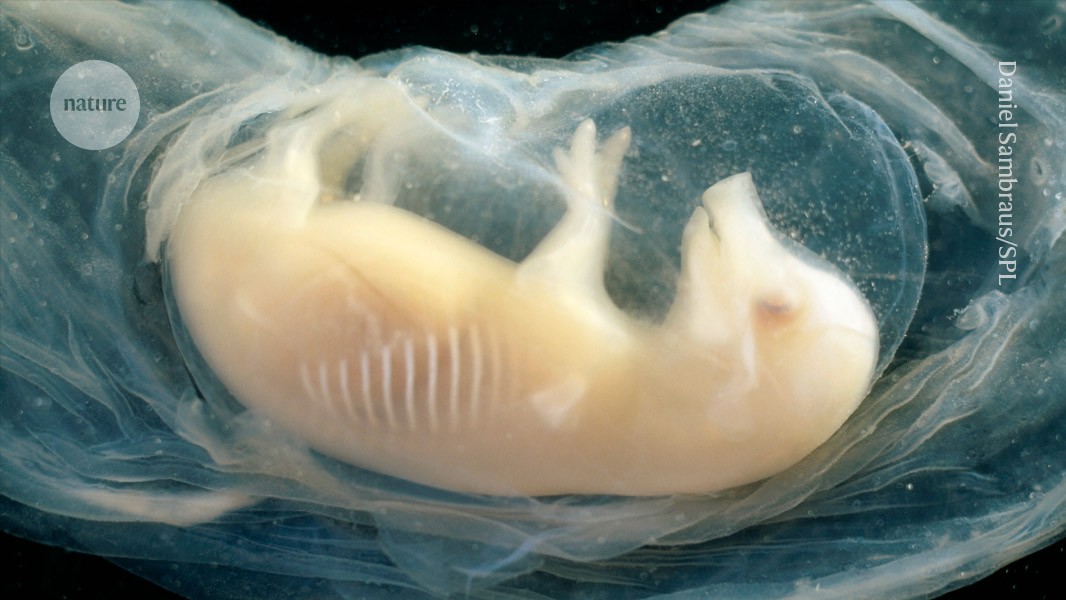
"The groundbreaking research demonstrated that by integrating human stem cells into pig embryos, scientists successfully cultivated beating hearts, showcasing the potential for organ transplantation."
"Researchers reprogrammed human stem cells to enhance survival within pig embryos, linking this breakthrough to the hope of addressing the global shortage of transplant organs."
Researchers have successfully developed pig embryos containing human cells that formed beating hearts, marking a significant advance in the field of regenerative medicine. This groundbreaking technique, presented at an international stem cell research meeting, aims to cultivate organs for transplantation, addressing global organ shortages. By creating pig embryos lacking essential heart development genes and introducing reprogrammed human stem cells, scientists not only achieved organ formation but also witnessed the embryos' survival for an impressive 21 days. The findings could pave the way for future organ transplant solutions using genetically engineered animals.
Read at Nature
Unable to calculate read time
Collection
[
|
...
]